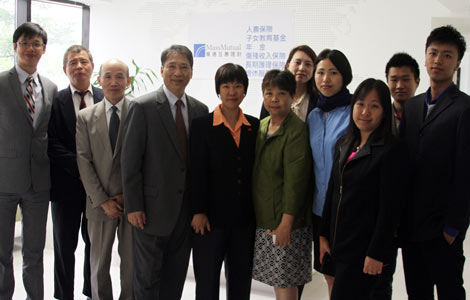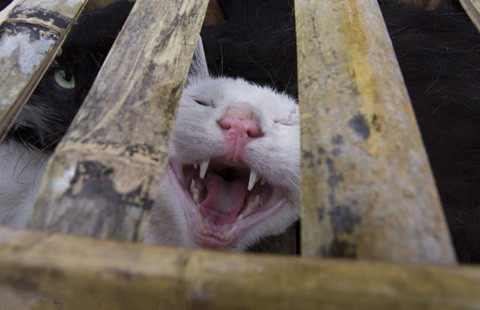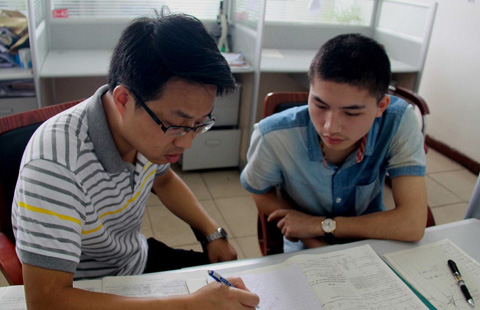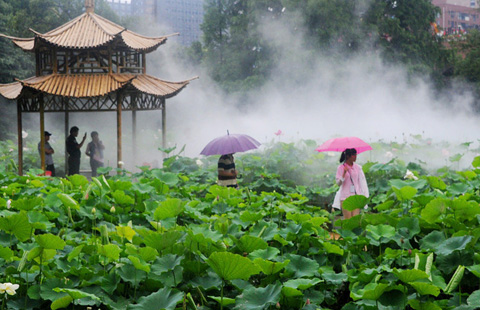Many international companies lax about supply chain pollution
Updated: 2014-07-16 20:09
By SU ZHOU (chinadaily.com.cn)
|
||||||||
Many international companies don't give adequate attention to pollution caused by their supply chains in China, although they have contributed a lot to China's pollution, a new report says.
The report, jointly released by the Institute of Public and Environmental Affairs and the Natural Resources Defense Council, covered 147 brands from eight industries.
With a possible total score of 100 points, only 43 brands got more than 25 points.
Some 33 brands, including Xiaomi, HTC, Chanel, Coach and Hugo Boss, performed below average.
This is the first pollution map of eight industries in China.
The report introduced a new index called the Corporate Information Transparency Index, which is a quantitative evaluation system to measure a company's performance in managing the environmental impacts of factories in its supply chain in China.
Since 2009, the Institute of Public and Environmental Affairs has established its own pollution map database, with more than 150,000 records. By the end of June, it had pushed more than 740 companies to explain their problems and elaborate their plans for correcting the problems. About 260 companies have accepted third-party supervision.
Information box :
1. Internet Technology Industry
As China has become the world's IT product processing center, the environment has been affected greatly, with heavy metal discharges drawing particular concern. Brands like Haier, HTC, and Xiaomi performed below average.
2. Textile Industry
The textile industry is one of the worst water polluters in China, with the dyeing and finishing sectors responsible for the most discharge. ANTA, Giordano, and Meters/bonwe performed below average.
3. Food and Beverage Industry
As of June, when searching for the Chinese keywords "food", "food additives", "cultivation", "sugar industry", "meat", "starches" and "dairy industry", the pollution map database returned as many as 5,525 environmental violation records.
4. Household and Personal Care Industry
As of June, conducting keyword searches for "daily use", "personal care", "detergent", and "fine chemicals", the database returned 1,174 environmental violation records.
5. Automobile Industry
As of June, 1,702 automobile-related environmental compliance violations were found in the pollution map database. The production of steel, glass, tires and batteries in the automobile industry supply chains caused tremendous environmental impact.
6. Brewery Industry
As of June, the pollution map database contained 376 environmental violation records for companies related to the beer industry. For glass and bottling companies that are affiliated with the beer industry, there were 922 violation records. For packaging/bottling companies, there were 1,086 violation records.
7. Paper Industry
Since 2009, China has been the world's largest producer of paper products. As of June of this year, using "paper" as a keyword, the pollution map database returned 7,386 environmental violation records.
8. Leather Industry
As of June, using the keywords "leather" and "shoes", the pollution map database returned more than 3,200 environmental violation records, including by leather companies, leather chemical factories and wastewater treatment plants for leather manufacturing industrial parks.
They were mainly located in Wenzhou and Jiaxing in Zhejiang province, Chuanzhou in Fujian province, Foshan and Dongguan in Guangdong province, Shijiazhuang in Hebei province, Zhoukou and Jiaozuo in Henan province, Nantong in Jiangsu province, and Chengdu in Sichaun province.

 SPINEXPO puts Chinese textiles front and center
SPINEXPO puts Chinese textiles front and center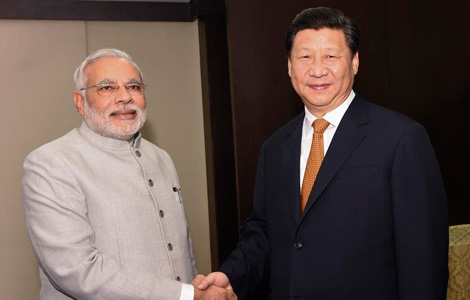
 Xi meets with India's new PM
Xi meets with India's new PM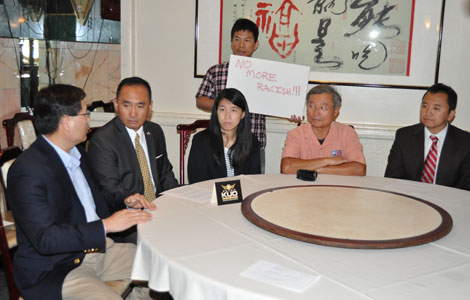
 Chinese call for Fox host to resign
Chinese call for Fox host to resign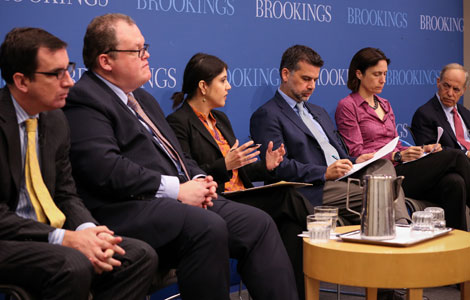
 BRICS nations don't like West dominance: Experts
BRICS nations don't like West dominance: Experts
 Shanghai most likely HQ for BRICS bank
Shanghai most likely HQ for BRICS bank
 AMC to produce Chinese tale Journey to the West
AMC to produce Chinese tale Journey to the West
 Brazil makes ready to play host to BRICS 'family'
Brazil makes ready to play host to BRICS 'family'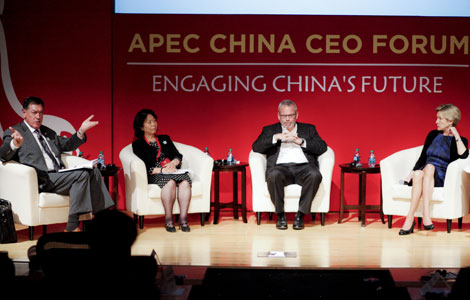
 Forum attracts APEC leaders
Forum attracts APEC leaders
Most Viewed
Editor's Picks

|

|

|

|

|

|
Today's Top News
Henry Kissinger undergoes heart surgery
BRICS bank to be headquartered in Shanghai
Xi attends sixth BRICS summit
Xi, in Brazil, talks with Obama over the phone
China gains WTO support in its challenge to US tariffs
Emerging nations looking for more diversified global leadership: experts
Energy, commodities pivotal for China, Latin America
Xi arrives in Brazil for BRICS summit
US Weekly

|

|
